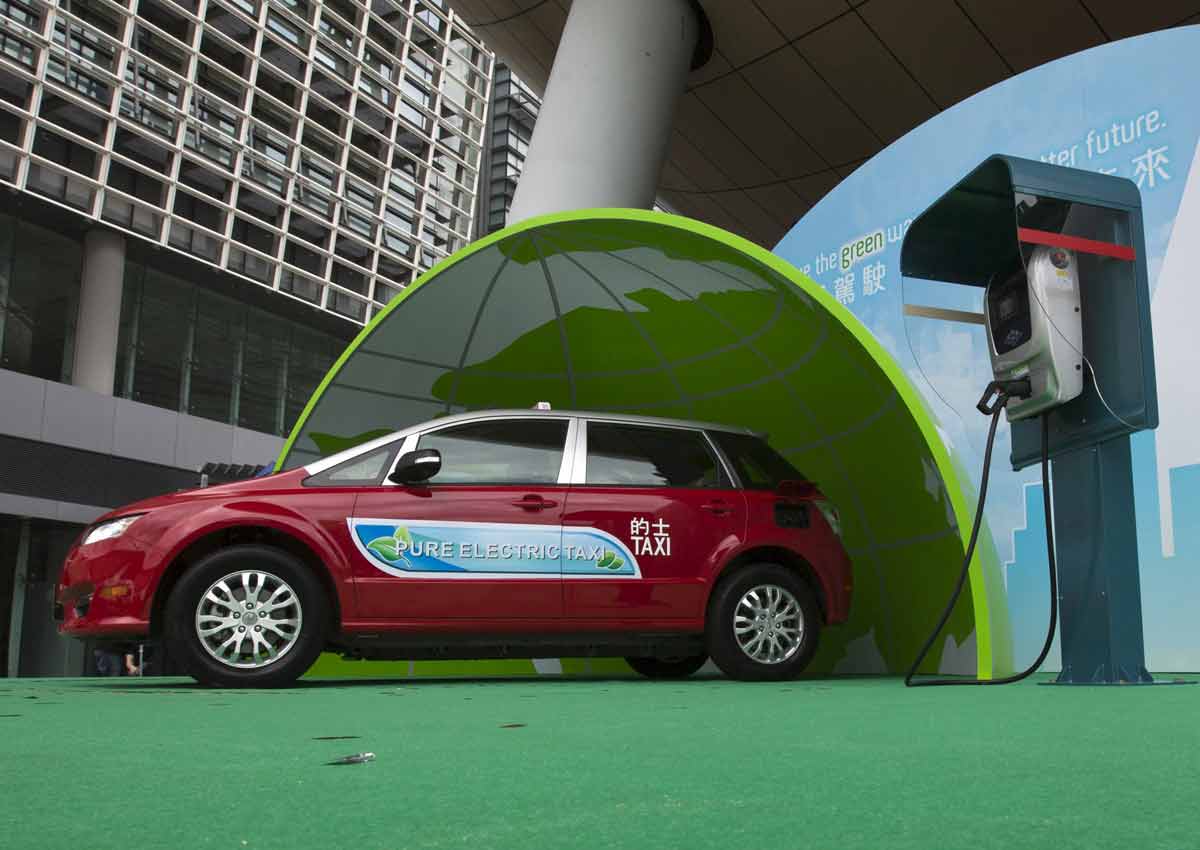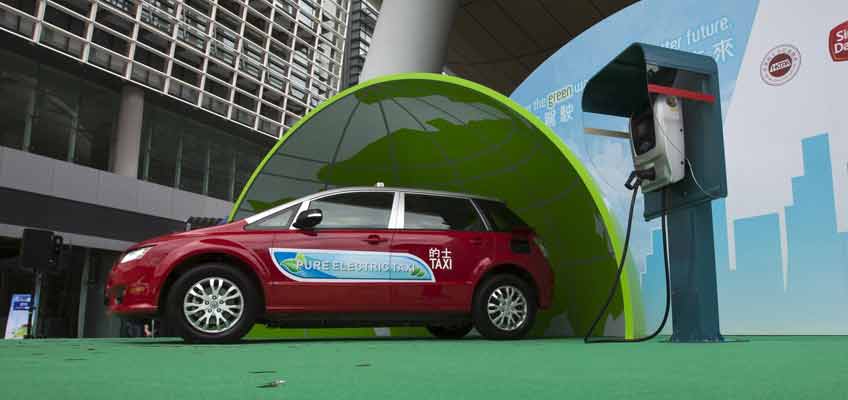The Land Transport Authority (LTA) has confirmed that it is assessing an application from a local firm to be the first to launch an all-electric taxi fleet here.
Should HDT Singapore Taxi be granted a taxi licence after submitting its application in April, it could potentially pave the way for the entry of electric vehicles (EV) into the taxi market.
“If successful, HDT will be the first to operate a fully electric taxi fleet in Singapore, with a fleet of 100 e-taxis,” an LTA spokesman told The Sunday Times.
The introduction of electric taxis will tie in with the Government’s plans to widen the testing of the viability of electric vehicles (EV) in Singapore. The first phase of the test-bed, which concluded three years ago, involved individual corporate users.
The LTA said it will explore fleet-based, shared-car operations in the second phase, and it is working with the Economic Development Board to launch an islandwide EV-sharing programme, with 1,000 cars and 2,000 charging points. There are currently about 120 electric and plug-in hybrid vehicles here, according to LTA figures.
The LTA said there are no other applications for a taxi service operator’s licence. This places HDT at the forefront of launching an e-taxi service.
As with other cab firms, HDT will be expected to comply with availability and service standards, as well as regulations on taxi fare structures, the LTA said.
Sources said that HDT plans to use electric vehicles from BYD (Build Your Dreams), a Shenzhen-based auto and battery manufacturer that has US investment guru Warren Buffett as a shareholder.
HDT Singapore Taxi, which was registered in April, is a spin-off from HDT Singapore Holding, a private transport firm which started here about three years ago and already has a fleet of 30 of BYD’s e6 model, an all-electric saloon car.
BYD itself has its eyes on the consumer market here, and last month it opened an EV showroom in Ubi in collaboration with India-based Smart Group.
The use of BYD electric cars as taxis has been tried out in cities, including Brussels and Hong Kong. In the firm’s home city of Shenzhen, there is a fleet of some 850 e6 taxis.
Asked about its plans, HDT said it would make an announcement soon. HDT is also seeking approval from the Energy Market Authority for the use of its charging stations here for the taxi service.
As of April, there are 28,280 taxis on the island belonging to ComfortDelGro, Trans-Cab, SMRT, Premier and Prime, and about 86 per cent of them use diesel. There are 2,065 petrol-electric taxis, which account for about 7 per cent of the cab population.
The potential entry of electric taxis is a welcome move because cabs, in general, clock high mileage, said Professor Subodh Mhaisalkar, executive director of Nanyang Technological University’s Energy Research Institute (ERI@N). He said: “While taxis account for just 3 per cent of the total vehicle population, they contribute to over 15 per cent of vehicle emissions, based on their mileage.”
ERI@N recently published an e-mobility paper which forecasts that emissions from taxis could be reduced by 27 per cent in 2050 if 85 per cent of taxis go electric.
The island’s taxi fleet – projected to grow to 30,000 by 2050 – could be a combination of battery electric vehicles (60 per cent), plug-in hybrid electric (25 per cent) and fuel cars (15 per cent), the paper said.

This article was first published on June 12, 2016.
Get a copy of The Straits Times or go to straitstimes.com for more stories.







